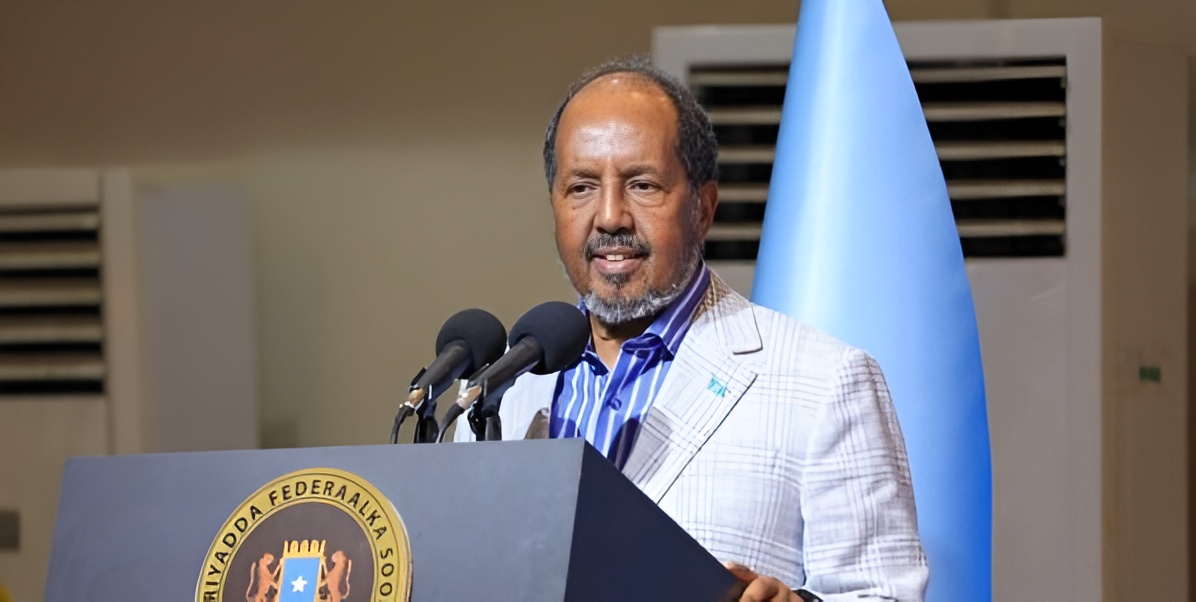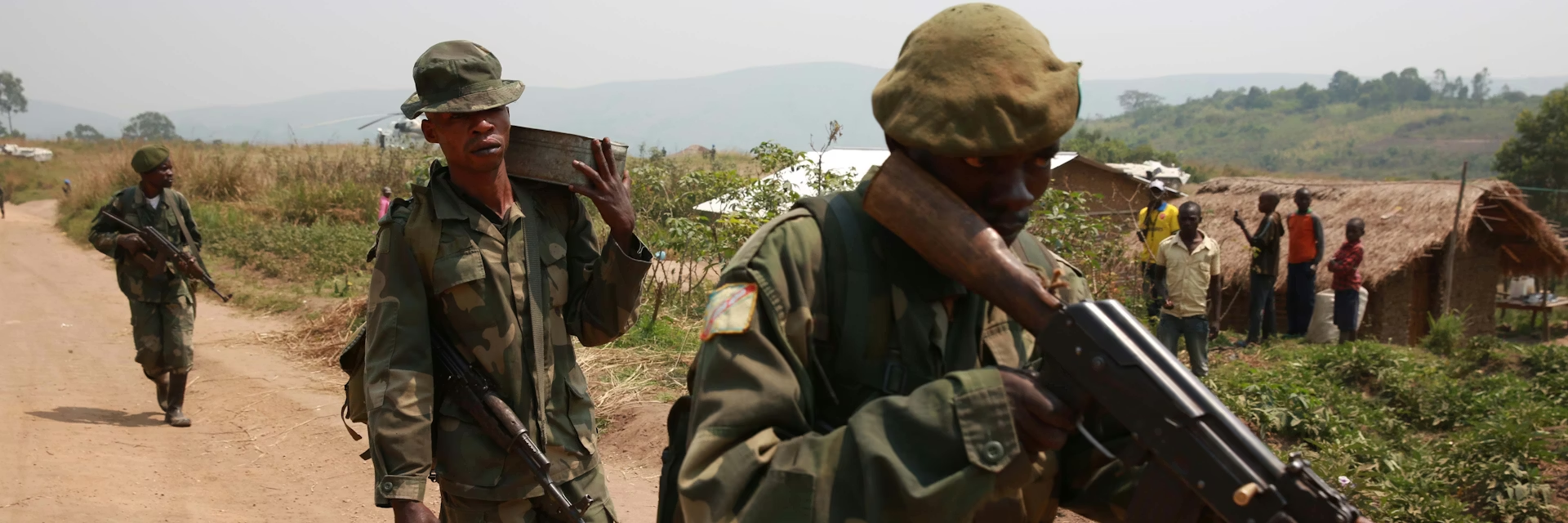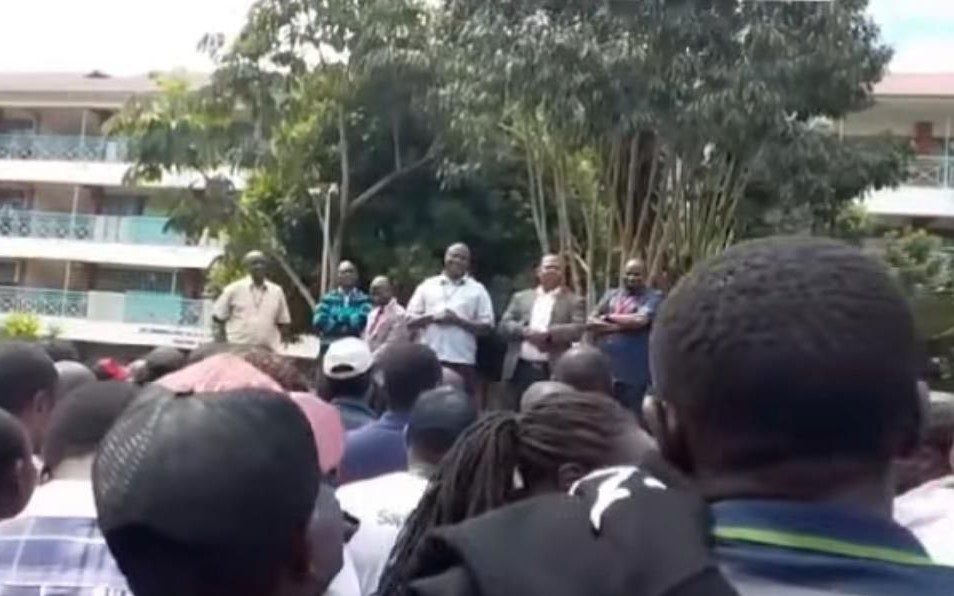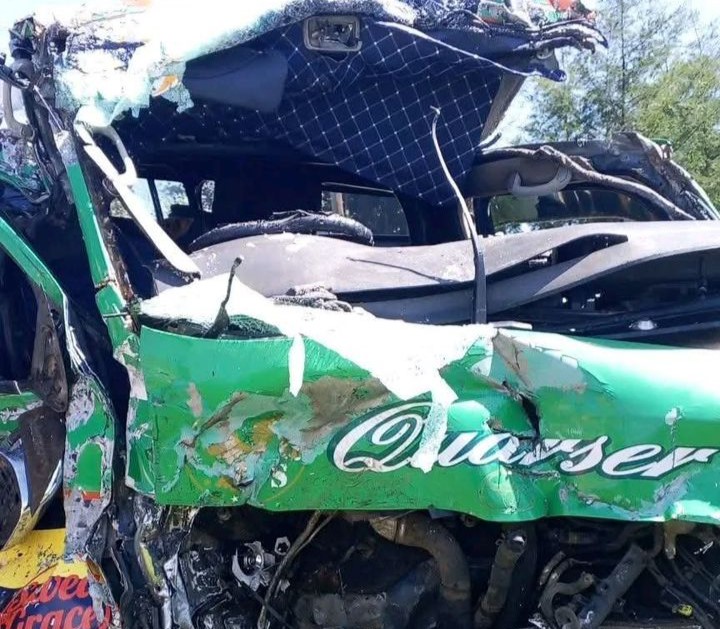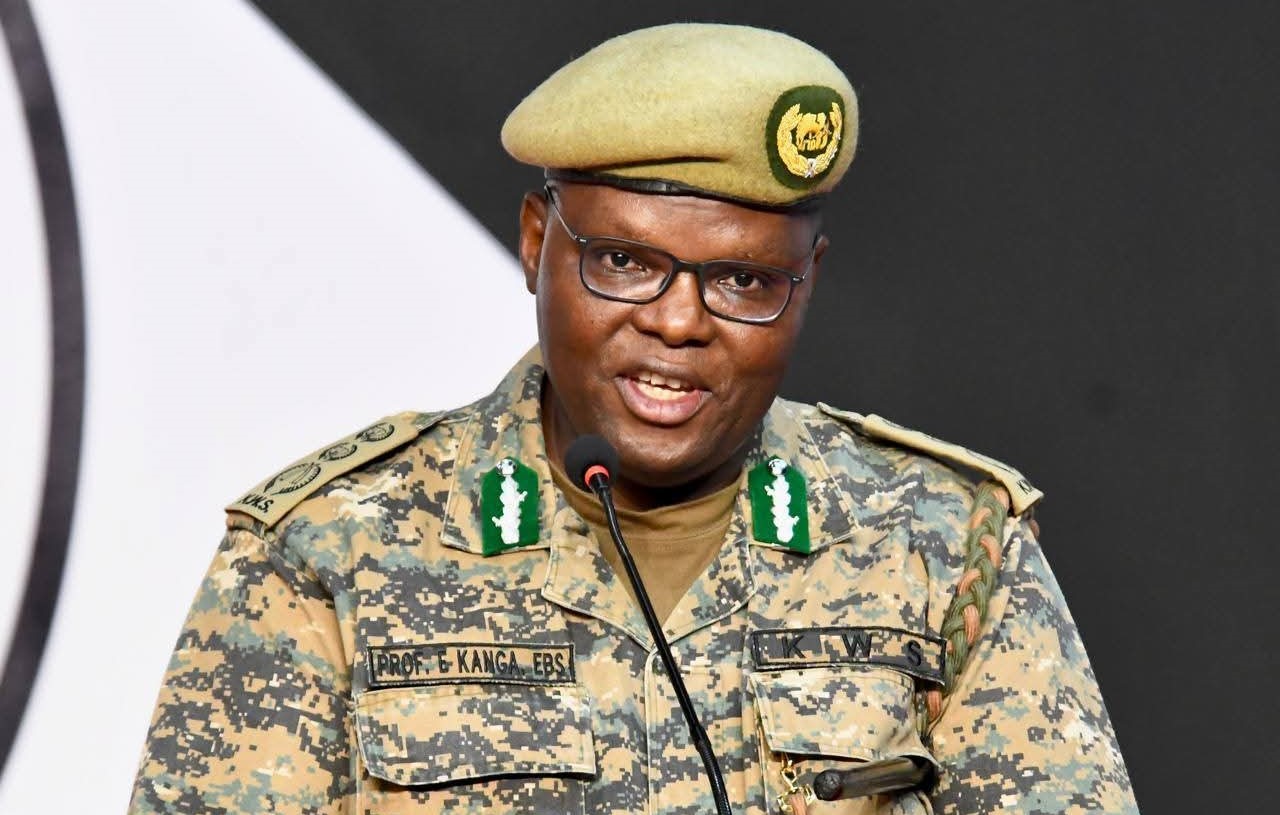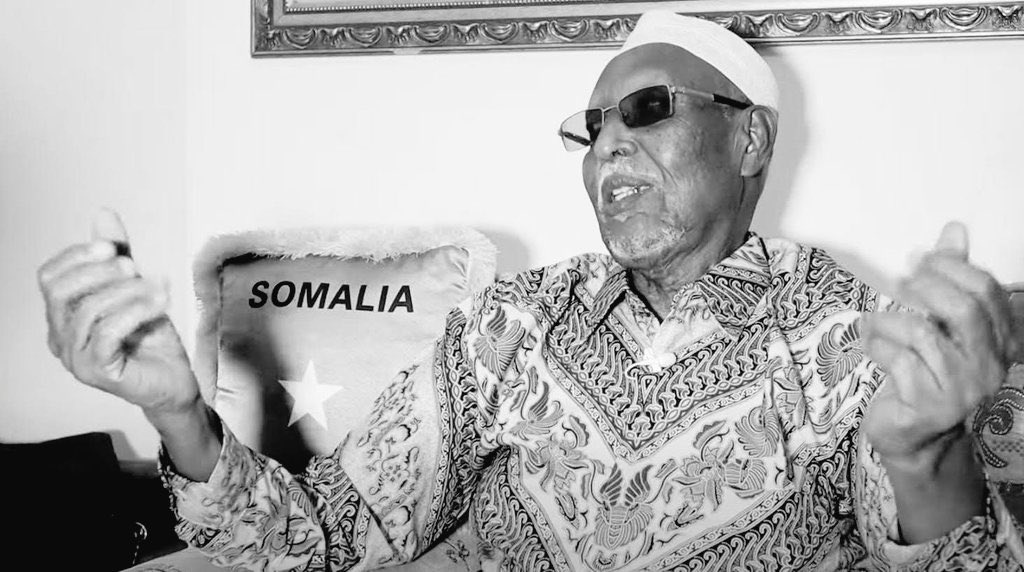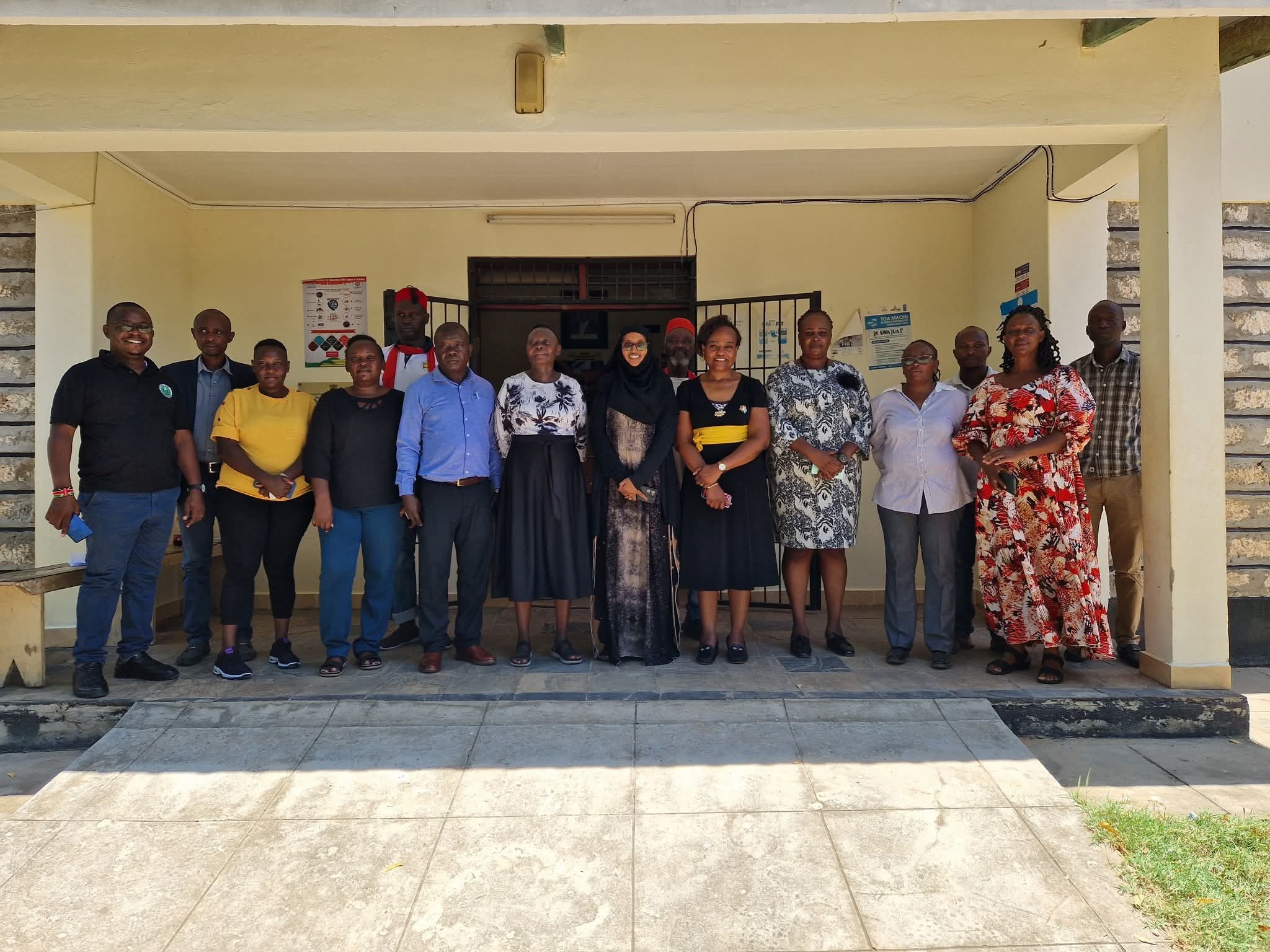Israel, Hamas reach ceasefire agreement
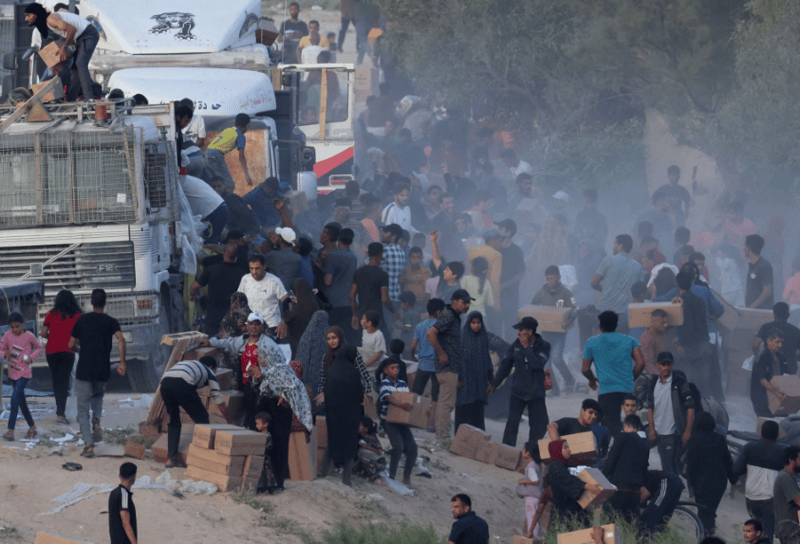
The accord outlines a six-week initial ceasefire phase and includes the gradual withdrawal of Israeli forces from the Gaza Strip and the release of hostages held by Hamas in exchange for Palestinian prisoners held by Israel.
Negotiators reached a phased deal on Wednesday to end the war in Gaza between Israel and Hamas, an official briefed on the negotiations said, after 15 months of conflict that has killed tens of thousands of Palestinians and inflamed the Middle East.
U.S. President Joe Biden later confirmed a deal had been struck, and the prime minister of Qatar, one of the key mediators, said the ceasefire would take effect on January 19.
More To Read
- 19th Goodness Ship departs Turkey carrying 1,300 tons of humanitarian aid to Gaza
- UN rejects Israel’s ‘yellow line’ plan, says Gaza border changes violate ceasefire
- Patients suffer as Gaza hospitals faces severe shortage of life-saving medicines
- UN support helps Gaza mothers give birth amid collapsing health system
- Gaza’s once-growing economy nears total collapse amid war and blockade
- ‘Decisive action’ needed to end Israel-Palestine stalemate, UN warns
Palestinians celebrated in streets across Israeli-besieged Gaza - where they have faced an acute humanitarian crisis with severe shortages of food, water and fuel - as explosions from new Israeli air strikes continued.
"I am happy, yes, I am crying, but those are tears of joy," said Ghada, a displaced mother of five.
"We are being reborn. With every hour of delay, Israel conducted a new massacre. I hope it is all over now."
Families of Israeli hostages and their friends celebrated the deal in the streets of Tel Aviv.
"The Israeli government must stand by its aims to return all the hostages and ensure from Gaza there is no more threat to the state of Israel...so there won't be other parents standing here, just like me, in one or two or three years, being interviewed about their kidnapped children," said Tzvika Mor, the father of a captive in Gaza, told Israel's Channel 12.
The accord outlines a six-week initial ceasefire phase and includes the gradual withdrawal of Israeli forces from the Gaza Strip and the release of hostages held by Hamas in exchange for Palestinian prisoners held by Israel, the official told Reuters.
Phase one entails the release of 33 Israeli hostages including all women, children and men over 50.
Negotiations on implementing the second phase will begin by the 16th day of phase one and it is expected to include the release of all remaining hostages, a permanent ceasefire and the complete withdrawal of Israeli forces from Gaza.
The third phase is expected to address the return of all remaining dead bodies and the start of Gaza's reconstruction supervised by Egypt, Qatar and the United Nations.
The agreement follows months of on-off negotiations conducted by Egyptian and Qatari mediators, with the backing of the United States, and comes just ahead of the January 20 inauguration of U.S. President-elect Donald Trump.
Hamas, Gaza's dominant Palestinian militant group, told Reuters its delegation had handed mediators its approval for the ceasefire agreement and return of hostages.
A Palestinian official, who asked not to be named, told Reuters earlier that Hamas had given verbal approval to the ceasefire and hostage return proposal and was awaiting more information to give final written approval.
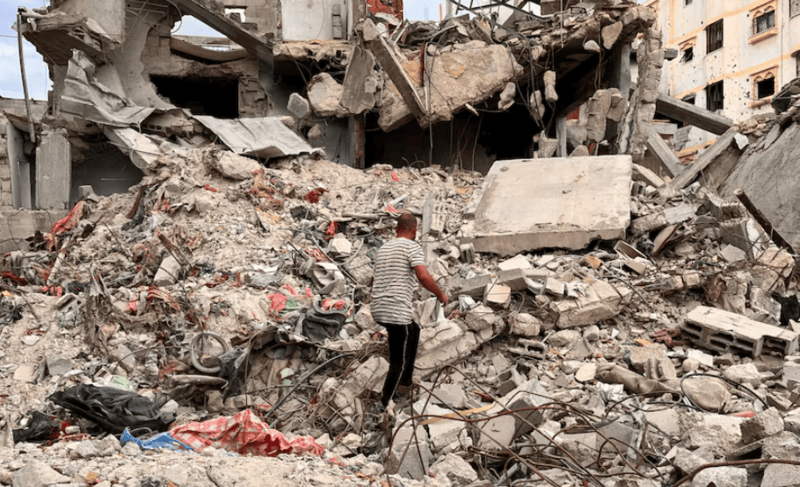 Palestinian man Moein Abu Odeh searches for clothes through the rubble of a house destroyed in the Israeli military offensive, in Khan Younis in the southern Gaza Strip. (Photo: REUTERS)
Palestinian man Moein Abu Odeh searches for clothes through the rubble of a house destroyed in the Israeli military offensive, in Khan Younis in the southern Gaza Strip. (Photo: REUTERS)
Other Topics To Read
If successful, the planned phased ceasefire could halt fighting that has left much of Gaza in ruins, displaced most of the enclave's pre-war population of 2.3 million, and killed tens of thousands of people. The toll is still rising daily.
Diffuse Middle East tensions
That in turn could defuse tensions across the wider Middle East, where the war has stoked conflict in the Israeli-occupied West Bank, in Lebanon, Syria, Yemen and Iraq, and raised fears of all-out war between arch-regional foes Israel and Iran.
Even if the warring sides implement the current deal, it will still require further negotiation before there is a lasting ceasefire and the release of all the hostages.
If all goes smoothly, the Palestinians, Arab states and Israel still must agree on a vision for post-war Gaza, a formidable challenge involving security guarantees for Israel and billions of dollars in investment for rebuilding.
One unanswered question is who will run Gaza after the war.
Israel has rejected any involvement by Hamas, which has ruled Gaza since 2007, but it has been almost equally opposed to rule by the Palestinian Authority, the body set up under the Oslo Interim Peace Accords three decades ago that has limited governing power in the West Bank.
Israeli Foreign Minister Gideon Saar said he was cutting a visit to Europe short and flying home overnight to take part in security cabinet and government votes on the deal - meaning the votes would likely be by or on Thursday.
Israel's air and ground war in Gaza has since killed over 46,000 people, according to Gaza health ministry figures, and left the coastal enclave a wasteland of rubble with hundreds of thousands of displaced people struggling through the winter cold in tents and makeshift shelters.
As his inauguration approached, Trump repeated his demand that a deal be done swiftly, warning repeatedly that there would be "hell to pay" if the hostages were not released by the time he took office. His Middle East envoy Steve Witkoff worked with President Joe Biden's team to push the deal over the line.
In Israel, the return of the hostages may ease some of the public anger against Prime Minister Benjamin Netanyahu and his right-wing government over the October 7 security failure that led to the deadliest single day in the country's history.
The war has spilt over across the Middle East, with Iranian-backed proxies in Lebanon, Iraq and Yemen targeting Israel in solidarity with the Palestinians.
The deal emerged a few months after Israel eliminated the top leaders of Hamas and Lebanon's Iran-backed Hezbollah in assassinations that gave it the upper hand.
Top Stories Today
